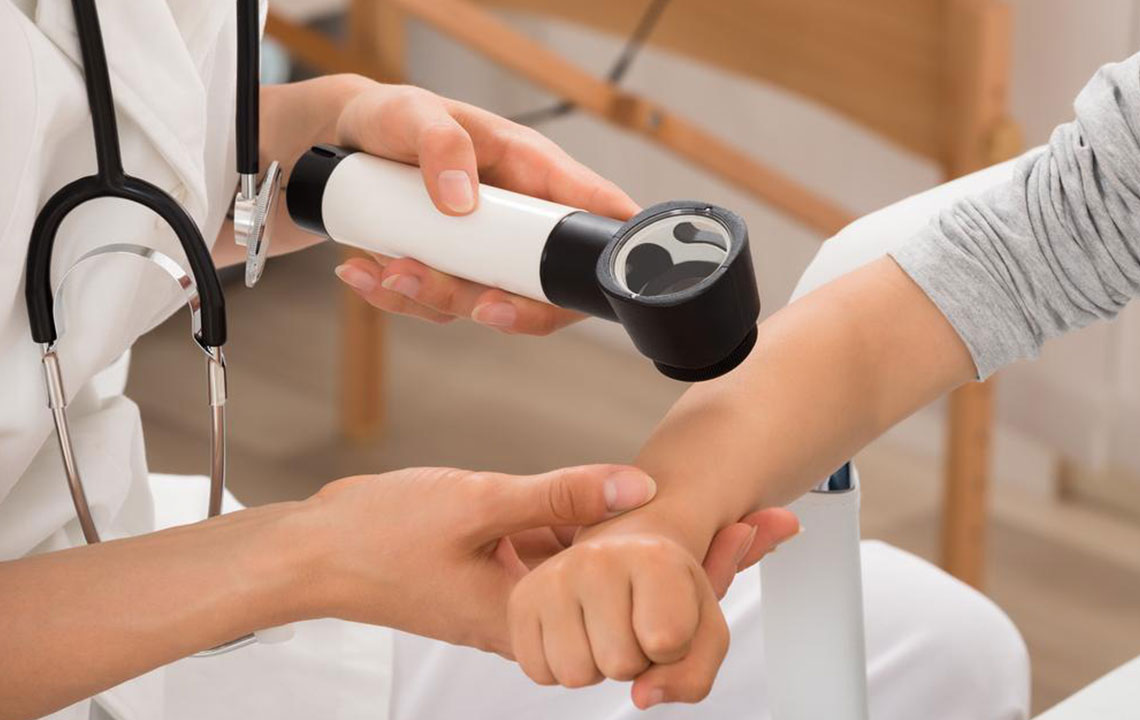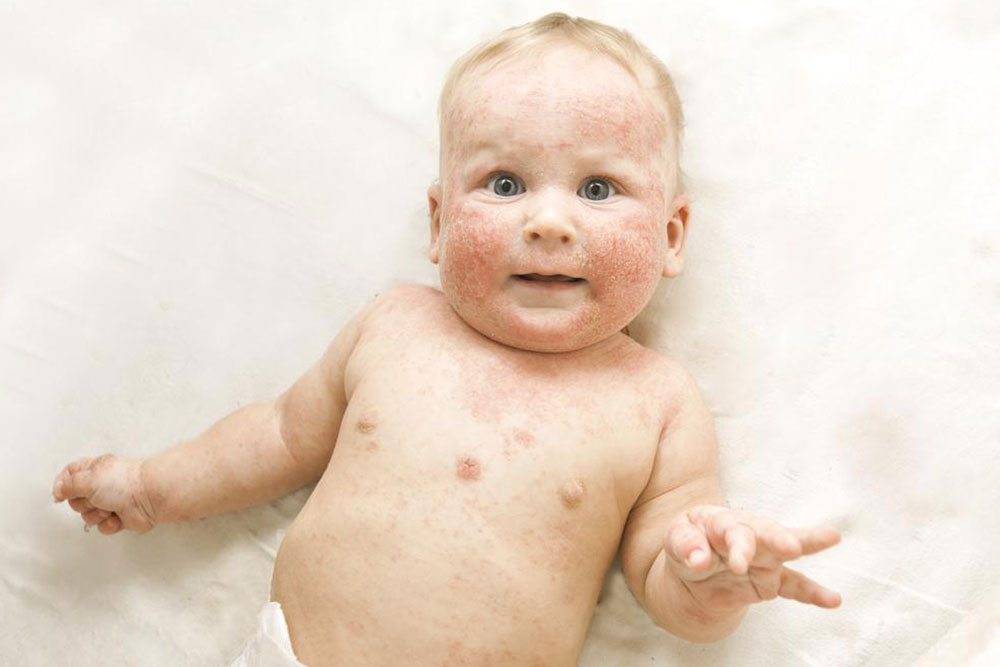Effective Strategies for Managing Eczema Symptoms
Discover effective eczema treatment options including medications, moisturizers, and advanced therapies. Learn how to manage symptoms, prevent flare-ups, and promote skin healing with guidance from healthcare professionals. Personalized treatment plans combining various remedies can lead to faster relief and healthier skin. Always consult your doctor before starting any new treatment for optimal results and safety.

Effective Strategies for Managing Eczema Symptoms
Living with eczema can be uncomfortable and frustrating. Working closely with your healthcare provider to develop a personalized treatment plan is essential. The main goals are to soothe itching, heal the skin, prevent flare-ups, and control infections. Treatment options may vary depending on symptoms, medical history, and age. Combining different therapies often yields the best outcomes, ensuring quick relief and long-term skin health.
Medications
Medications significantly alleviate eczema symptoms and accelerate skin recovery.
Since individual responses differ, doctors often try various treatments to discover the most effective approach.
OTC Hydrocortisone
Corticosteroid creams and solutions are effective in reducing inflammation and itching quickly. Available in multiple strengths, they include ointments and foams, and are typically the first recommendation for mild eczema. The potency of steroids used depends on the severity and location of the affected skin. For thick or scaly areas, stronger formulations may be advised.
While side effects like skin thinning or stretch marks are rare, strict adherence to medical guidance minimizes risks. These are among the most recommended eczema remedies.
NSAID Ointments
These non-steroidal anti-inflammatory medications, such as Crisaborole, are newer treatments for eczema. Used twice daily, they effectively calm inflammation, especially in mild to moderate cases, and help restore skin's normal appearance.
Tacrolimus and Pimecrolimus
These non-steroidal immunomodulators are suitable for moderate to severe eczema. They act swiftly to reduce inflammation but should be used under medical supervision, as overuse may increase skin cancer risk.
Moisturizers for Skin Barrier Support
Over-the-counter and doctor-prescribed moisturizers help retain skin hydration, repair damage, and minimize itchiness, redness, and dryness. Selecting fragrance-free options with your healthcare provider's guidance ensures optimal skin health.
Immune System Modulators
Medications like Cyclosporine and Mycophenolate Mofetil regulate immune responses to prevent overreaction. Used in moderate to severe cases when other treatments fail, they come in various forms but carry risks such as kidney issues and elevated blood pressure. Short-term use is recommended to limit side effects.
Phototherapy
UV treatments involve controlled exposure to ultraviolet light to manage eczema. UVB/UVA therapy and PUVA, which involves psoralen medication, can help control immune responses. Precautions are essential to avoid skin aging and cancer risk, with treatments carefully monitored by medical professionals.
Additional Treatments
Corticosteroid injections, tablets, or pills may be prescribed for severe cases. Antibiotics are important if bacterial infections occur due to scratching. Antihistamines taken at night can help reduce itching and promote restful sleep.
These are among the most effective medications and strategies for eczema management. Combining proper medication use with a healthy diet can enhance treatment outcomes and promote healthier skin.










